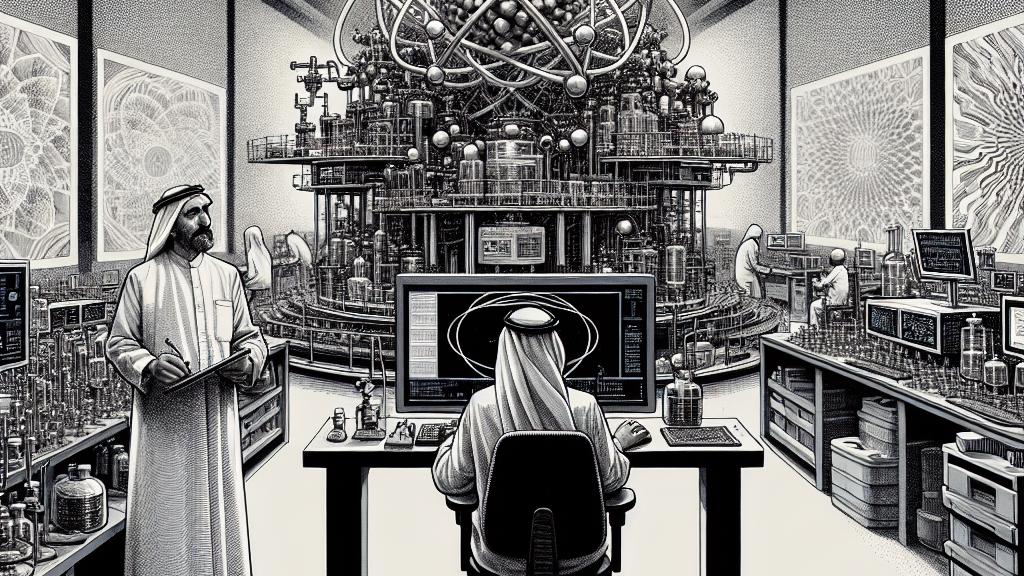Exploring the Future of Quantum Computing and Its Impact on Problem Solving
Overview
- Quantum computers promise to revolutionize problem-solving by processing information at unprecedented speeds.
- Potential breakthroughs in drug development, materials science, and finance showcase the technology's vast applications.
- Despite existing challenges, the transformative power of quantum computing could change our world.

The Promise of Quantum Computing
Picture a future where computers tackle the most intricate challenges with breathtaking speed and efficiency. This isn’t just a daydream; it's happening at the Korea Institute of Science and Technology (KIST) in Seoul, South Korea. Here, Sang-Wook Han leads a cutting-edge team dedicated to pushing the boundaries of what quantum computing can achieve. These high-tech machines are not merely faster versions of their predecessors; they embody the ability to simultaneously explore countless possibilities. For instance, envision revolutionizing drug development: instead of painstakingly experimenting with each compound over months, quantum computers could evaluate thousands of molecular interactions in mere seconds! This could accelerate the discovery of life-saving medications and potentially transform healthcare as we know it.
How Quantum Technology Works
So, what makes quantum computers so extraordinary? The secret lies in the qubit—the fundamental unit of quantum information. Unlike classical bits that can only exist as a 0 or a 1, qubits can occupy multiple states at once, thanks to superposition. Imagine flipping a coin and being able to explore both heads and tails while it’s in the air; that’s the kind of power qubits bring to computational processes. Furthermore, qubits can be entangled, meaning they remain connected in ways that defy classical physics. If you move one entangled qubit, the other responds immediately, regardless of the distance! It’s like having two magical dice that always land on the same number, no matter how far apart you throw them. This property could enable quantum computers to tackle complex simulations in fields as diverse as climate modeling and financial forecasting, making them invaluable tools in our quest for progress.
Challenges Ahead and Future Prospects
However, with great potential comes significant challenges. Right now, most quantum computers are still in the experimental phase. Experts predict that it might take years—perhaps a decade—before they become commercially viable and ready for widespread use. Think of it like the excitement surrounding a new blockbuster movie; everyone is eager for it to be released, but the filmmakers are dedicated to ensuring every detail is perfect before unveiling it. Nevertheless, the ongoing investment in quantum technology from governments and corporations alike signals that this future is worth waiting for. If we can overcome the barriers—such as errors in quantum calculations or maintaining qubit stability—we may just witness a technological revolution. Imagine a world where quantum computers not only make scientific research faster but also enhance our everyday lives, from personalized medicine to optimized transportation. That’s the transformative promise of quantum computing, and it’s closer than you think!

Loading...